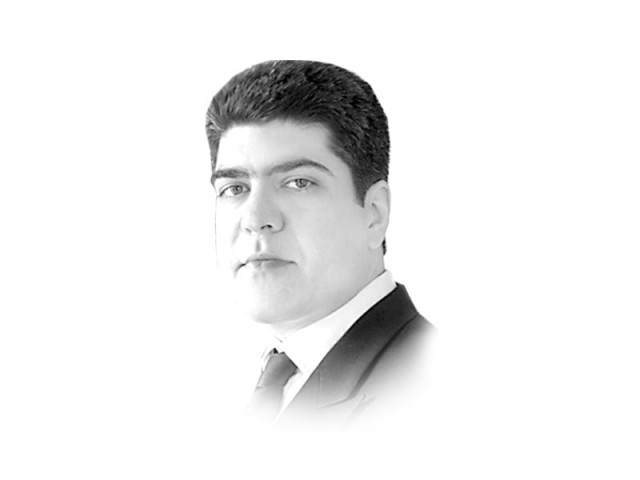Road to progress
Civil society resistance on the heritage park bill, and push for re-naming of Shadman Chowk have shown their power.

Road to progress
However, the outcomes of both events are uncertain. The Dilkash Lahore Committee — established by the City District Government Lahore (CDGL) to recommend listing heritage sites and renaming the city’s roads, intersections, etc — has recommended changing the name of Fawwara Chowk in Shadman to Bhagat Singh Chowk. However, there are rumours that some people oppose the decision to rename a Pakistani road after a non-Muslim.
Some years ago, civil society from leftist organisations reclaimed Shadman’s Fawwara Chowk in the name of Bhagat Singh to honour him for his sacrifices in pre-Partition India’s struggle against imperialism and colonialism. Civil society has since celebrated his death anniversary and enriched the city’s urban experience by introducing into it a discourse that recognises a Lahori character broader, deeper and older than its existence under this Islamic Republic. One hopes the CDGL will be able to resist any opposition to recognising an anti-imperialist freedom fighter.
The tabling of the Lahore Canal Heritage Park Bill, 2012 is in pursuance of last year’s Supreme Court decision in the Lahore Canal Widening Case. The Court resolved a five-year stand-off between the Government of Punjab, which wanted to widen Lahore Canal Road ostensibly to improve congestion and the Lahore Bachao Tehreek, another civil society organisation that argued that such widening would be harmful to the city’s beauty and natural environment, worsen traffic and be a massive misallocation of resources. The Court had set precedent by constituting a mediation committee that, after public consultation, made 18 recommendations that were adopted by the Court. While conceding the need to widen seven of the proposed 14 kilometres of road, the Mediation Committee stipulated certain measures the Punjab government had to take to ensure proper and sustainable urban planning in the city. One of these steps was to protect the Court’s declaration that the green belt along the Lahore Canal was a “public trust” by enacting appropriate legislation. The Bill, if passed, is that legislation and will certainly be Pakistan’s first law declaring an urban park. Nevertheless, the Bill leaves much to be desired as it still allows the Punjab government the power to determine what parts of the green belt are protected as a park. Some fear that a few years from now, the government could undo the entire purpose and function of the Lahore Bachao Tehreek and Court judgment by simply de-notifying the urban park and widening Canal Road.
These fears appear confirmed by the fact that in September, the Punjab government filed an application before the Supreme Court seeking permission to go ahead with the widening of the entire stretch of the Lahore Canal road from the BRB Canal to Thokar Niaz Beg. The Lahore Bachao Tehreek, now represented by Barrister Aitzaz Ahsan, has taken a strong stand against this application, as has Dr Parvez Hassan, the mediator appointed by the Supreme Court. They argue that the Supreme Court’s decision last year was in the nature of a compromise with both the Government of Punjab and the Lahore Bachao Tehreek conceding some ground in return for commitments to improve the urban planning of the city. They argue that the government’s recent application is an attempt to go behind this solemn pact and that even if the government had complied with all 18 of the Mediation Committee’s recommendations, it would still not be permitted to alter the nature of the urban park.
Both these events demonstrate the immense power of civil society in Lahore’s urban planning and its potential in other cities. The efforts of the people, who have sought to participate in the decision-making of this city, is laudable (the Supreme Court has been especially generous in its praise of Lahore’s civil society). But these organisations also know that the gods are fickle and that they must remain constantly engaged in the city’s life. They need support and appreciation. It adds fuel to their fire.
Published in The Express Tribune, November 16th, 2012.














COMMENTS
Comments are moderated and generally will be posted if they are on-topic and not abusive.
For more information, please see our Comments FAQ